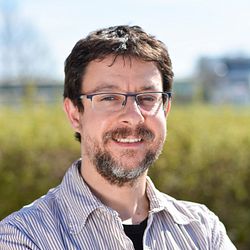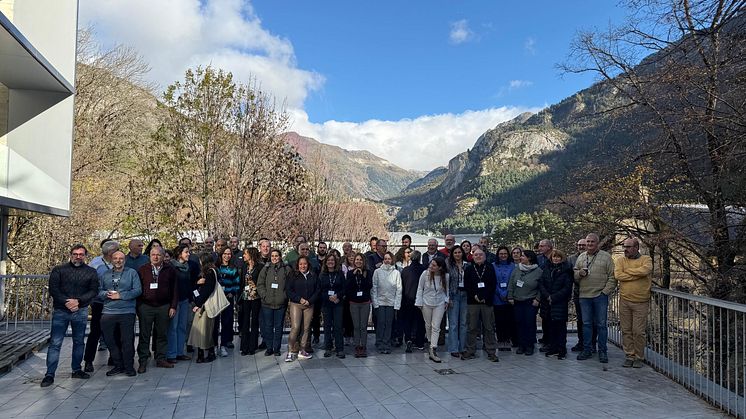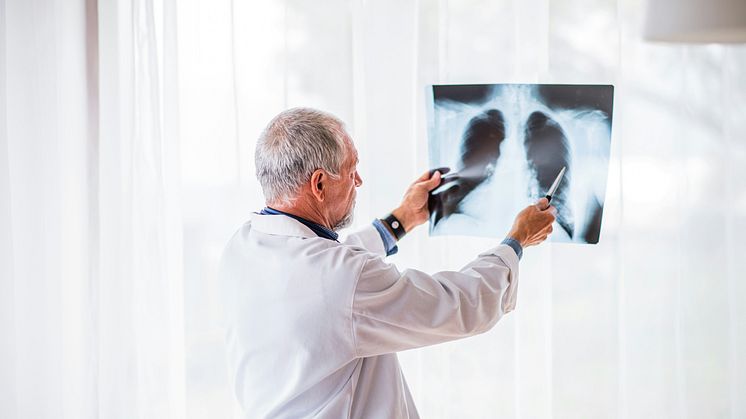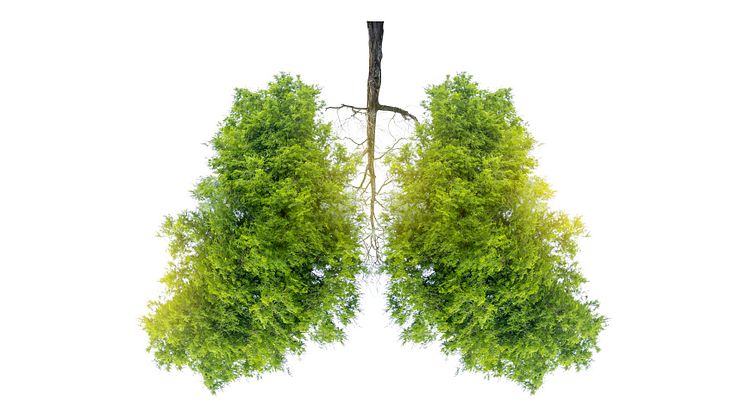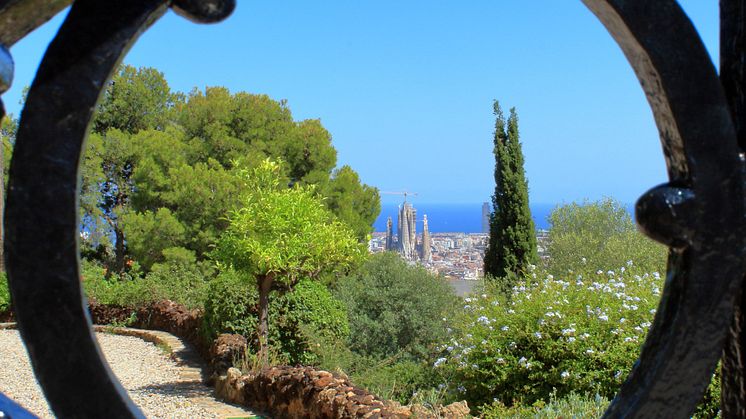
News -
Radonova becomes strategic partner in Spanish Cluster IAQ
Cluster IAQ is a Spanish network that brings together companies and organizations to promote innovations and solutions in Indoor Air Quality (IAQ). The network combines expertise from different sectors to improve indoor air quality and reduce exposure to airborne pollutants. Radonova has now become the first radon measurement partner to join Cluster IAQ.
Despite being based in Spain, the network's collaborations and solutions have the potential to be applied more widely, both in Europe and globally.
“The collaboration is an important step in our efforts to improve indoor air quality and raise awareness of the risks of radon, a pollutant that affects public health in Spain as well as in many other countries. By joining the network, we hope to develop joint initiatives that promote sustainable practices and reduce exposure to radon. Radonova's experience in radon measurement has the potential to be an asset to the network. At the same time, we look forward to benefiting from the knowledge and experience of the IAQ Cluster,” says Radonova's José-Luis Gutiérrez Villanueva.
The importance of radon measurement
Radon is a radioactive gas that occurs naturally in the soil and can penetrate buildings, posing a significant health risk. The WHO estimates that radon exposure causes around 2,000 cases of lung cancer each year in Spain. With Radonova's support, Cluster IAQ will work to raise awareness of the importance of radon measurement and protect people in their homes and workplaces.
